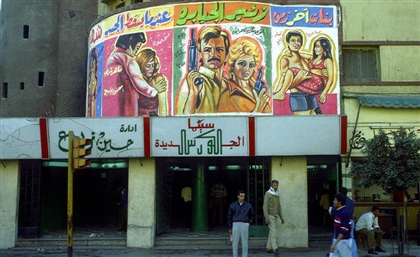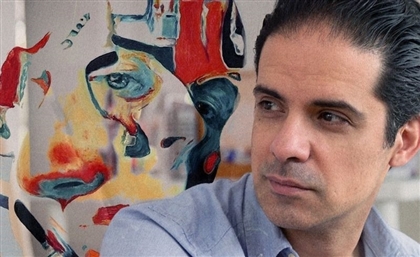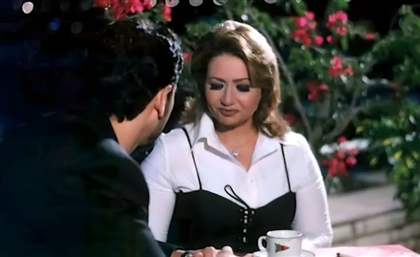Youssef Wahbi: The Man Who Transformed Arabic Theatre & Cinema
He played the Devil, challenged shame, and made Arab cinema speak. On his birthday, we revisit Youssef Wahbi - the man who dared to redefine the rules of the screen and stage.
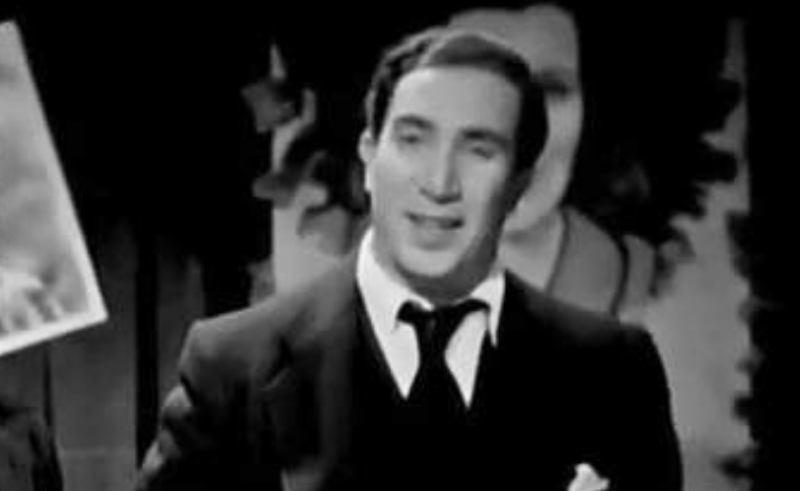
Youssef Wahbi broke every mould - actor, director, and pioneer of Arabic cinema. On his birthday, we honour a legend who shaped generations of stage and screen.
Wahbi's love for acting started when he first watched the Lebanese artist Salim Al-Qardahi's troupe in Sohag. Since then, he started delivering monologues and performing theatrical acts at Al Ahly Club and at school. But at the time, acting was seen as shameful, and his father disapproved. Refusing to bend, Wahby fled to Italy and studied acting under the Italian actor Cantoni. He didn’t come back until after his father’s death in 1921 and used all his inheritance to establish a theatrical troupe named Ramses, which was also the name given to him during his stay in Europe.
In 1923, the troupe premiered with a successful play called ‘Al Magnoun’. But Wahby wasn’t done breaking ground. Later, in 1930, he established his film production company, Ramses Film, which produced the very first speaking film in the history of Arabic cinema, 'Awlad El Zawat'. The movie was adapted from one of his successful plays, as he wrote the script and starred in the film.
Throughout his prolific career, Youssef Wahbi wrote, directed, or starred in over 300 theatrical plays and contributed to more than 60 films. Among this vast body of work, a few standout titles have become milestones in the history of Arabic drama and cinema...
Awlad El Zawat (1932)
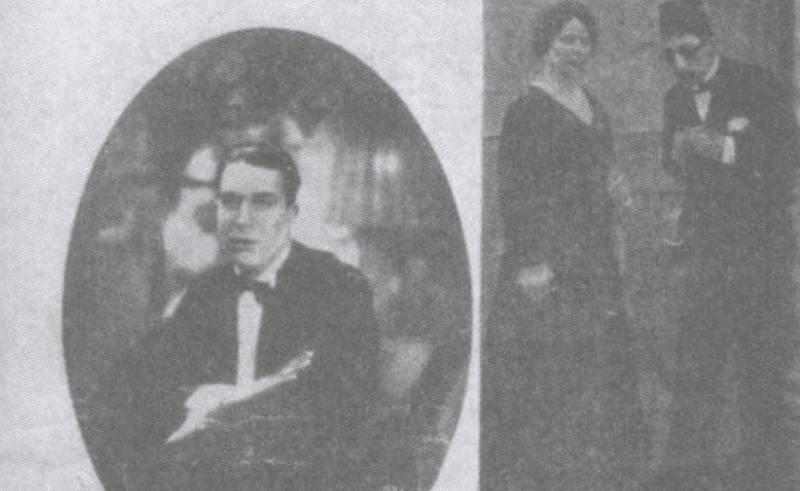
‘Awlad El Zawat’ tells the story of Hamdi, who marries a French woman only to discover she’s cheating on him. In a powerful scene, he confronts her with the line: “You woman of all men… you garbage of history.” In a rare interview, Youssef Wahbi revealed that he insisted on making ‘Awlad El Zawat’ as the first Arabic-speaking film to defend the image of the East, after Western narratives described the region as barbaric and trivial, particularly during the trial of a woman who had murdered an Egyptian young man.
Safir Gohannam (1945)
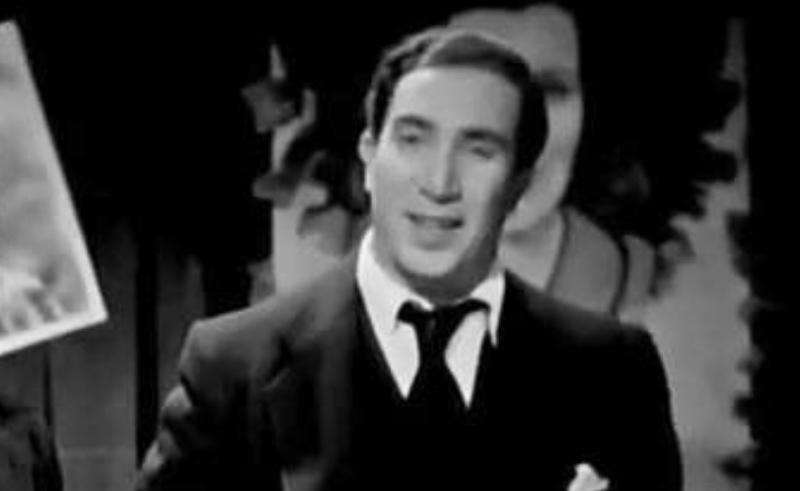
Bayoumi Effendi (1949)
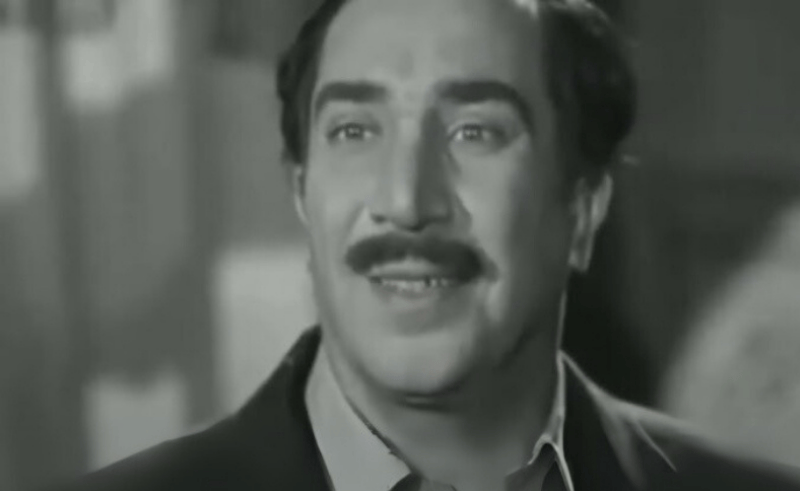
Hayah Aw Mout (1954)
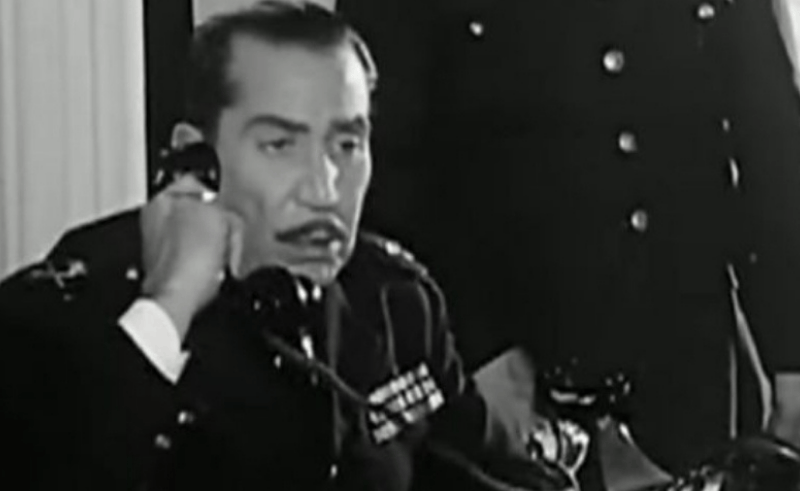
Esha’et Hob (1960)
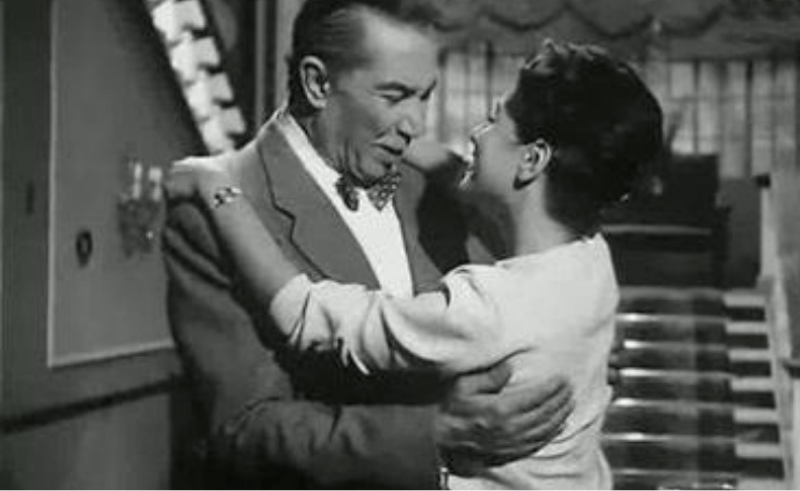
- Previous Article These Summer Parties are Taking Over Escā Beach Club at Lyv Caesar
- Next Article Inside Egypt’s Seven UNESCO World Heritage Sites
Trending This Week
-
Feb 12, 2026









